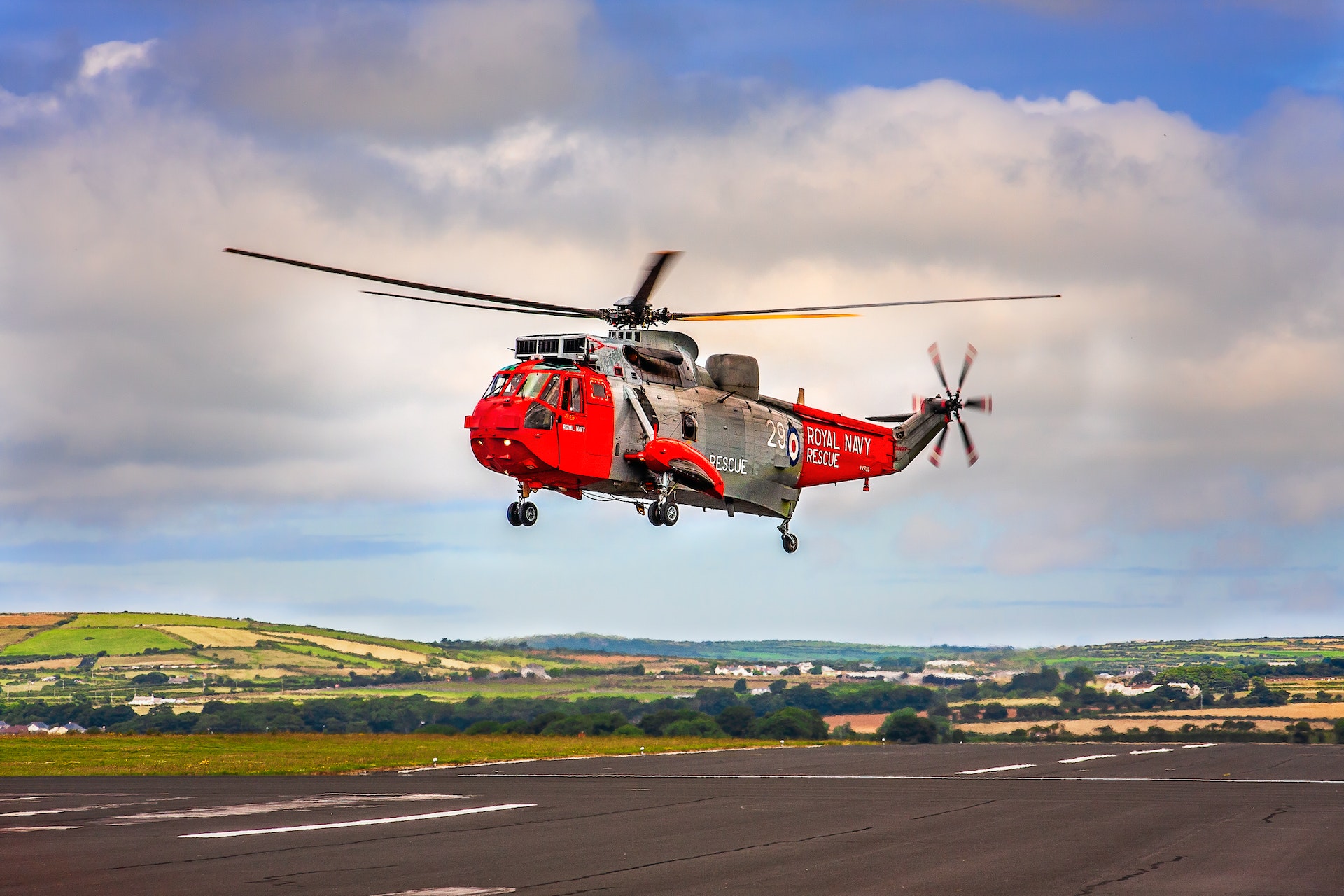When it comes to air ambulance services, the United Kingdom has always been at the forefront. The local communities’ concerted effort to keep them afloat is never short of making headlines. This time around, news stories are focusing on the Royal Navy. The idea of a military air ambulance has been tested by UK Royal Navy medical personnel aboard HMS Queen Elizabeth, the lead Queen Elizabeth-class aircraft carrier.
It is a First for the Country’s Air Ambulance
Personnel from the Royal Navy are using this idea for the first time while at sea. The test was conducted as part of Operation Achillean’s northern “arm,” which saw the aircraft carrier deployed to the North Sea and Scandinavia.
The idea is to replicate emergency services offered by the National Health Service at sea. According to the military air ambulance concept, a team of casualty experts will be flown directly to the patient by the Maritime Medical Emergency Response Team (MMERT) to provide immediate, life-saving care. After that, the patient is flown to a hospital by helicopter for additional care. When in the UK, the medical team’s full-time members and reservists work in NHS hospitals to practice and maintain their medical knowledge.
A Little About the Team Involved
“The exercise provided an excellent opportunity to test the developing MMERT capability,” the paramedic Warrant Officer 1 Phil Towers said. The advanced trauma care offered by MMERT is comparable to the care given by air ambulances in the UK and includes senior clinical decision-making, anesthesia, and blood products. The entire medical staff of the Queen Elizabeth-class aircraft carrier was activated for the first time to support the hospital equipment on board, including the operating room, two emergency rooms, and two intensive care units. There are 22 people working in the ship’s hospital, including physicians, nurses, anesthesiologists, and surgeons. Given the nature of maritime operations and understanding the environmental/geographical constraints associated with operating in a ship as part of a larger task group, it is important, according to Clinical Director Surgeon Commander Rex Kinnear-Mellor.


